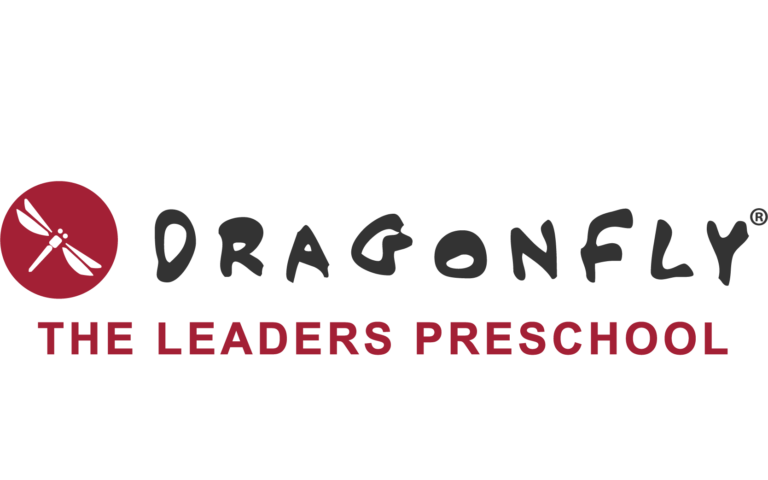Moral Development and Values
Welcome to our exploration of Moral Development and Values in children! This crucial aspect of growth plays a pivotal role in shaping the character of 3-7 year olds, while remaining relevant for children up to 12 years old. As we delve into this topic, we'll address various challenges that young minds encounter on their journey to becoming morally conscious individuals. Children in the 3-7 age range often struggle with distinguishing right from wrong, understanding the importance of honesty, and grasping concepts like empathy and fairness. These foundational elements of moral development are closely intertwined with other challenges, such as difficulty in understanding others' feelings, respecting property, and accepting responsibility for their actions. As children grow, they may face hurdles in comprehending the necessity of rules, controlling impulses, and apologizing for mistakes. These issues can manifest differently across age groups, potentially impacting a child's long-term development if not addressed early. Environmental awareness, gratitude, cultural sensitivity, and appreciating diversity are additional aspects of moral development that children may find challenging. These concepts, along with the ability to make sound moral judgments, form the bedrock of a well-rounded individual. Recognizing and addressing these challenges early is crucial in fostering leaders who are self-reliant and morally grounded. Innovative educational approaches can be instrumental in tackling these moral development issues. By focusing on cultivating life skills, providing leadership opportunities, and encouraging independent exploration, we can help children overcome these hurdles. Enhancing communication skills, promoting collaborative problem-solving, and nurturing multilingual literacy are just a few ways to support moral growth and leadership development. In the following sections, we'll delve deeper into age-specific strategies and introduce the "15-minute conversation practice" as a tool for parents and educators. By addressing these moral development challenges, we're not just solving problems – we're cultivating self-reliant leaders who will embody strong values and ethical decision-making skills.

